Struggling to Sleep? Tips for Better Sleep Hygiene
By Georgina Joss, Osteopath at The Waterside Practice, Warboys
Your habits, environment, routine, and even diet can all influence your sleep — this is referred to as sleep hygiene. In this blog, we’ll look at some practical tips to improve your sleep hygiene so you can fall asleep more easily, stay asleep, and wake up feeling refreshed.
1. Create a Calming Sleep Environment
Let’s start with your sleeping environment — your bedroom. It should feel like a sanctuary: comfortable, quiet, and calming. This includes having a supportive mattress and pillow (see our previous blog on pillows for guidance).
Light plays a huge role in regulating what’s known as the circadian rhythm, which helps your body recognise daytime and nighttime. This can be particularly tricky during the darker winter months. Try to:
Get enough natural light during the day — a simple daytime walk works wonders for overall health.
Block out light from your bedroom at night using blackout curtains or an eye mask.
2. Limit Screen Time Before Bed
Avoid using electronic devices before bed — this one’s especially for the late-night scrollers.
Research shows that phone use in bed reduces sleep quality and duration.
Screens such as monitors and phones omit melatonin blocking ‘blue light’.
If avoiding your phone completely feels unrealistic, try switching on a scheduled ‘night mode’. This setting reduces blue light exposure, which otherwise tricks your brain into thinking it’s daytime and disrupts your sleep-wake cycle.
3. Establish a Consistent Routine
A regular routine is key. Try to go to bed and wake up at roughly the same time each day — yes, even at weekends.
Consistency helps your body regulate its internal clock, improving both sleep quality and energy levels.
Weekend lie-ins might feel tempting but can actually leave you feeling worse by disrupting your natural rhythm.
4. Be Mindful of Alcohol and Caffeine
Both alcohol and caffeine can interfere with sleep quality.
A recent study found that a large dose of caffeine (such as an energy drink) can negatively affect sleep even when consumed up to 12 hours before bedtime.
Both caffeine and alcohol are substances that both negatively effect sleep quality.
Everyone’s tolerance is different, but it’s generally best to avoid caffeine within 8 hours of going to bed.
5. Avoid Late-Night Eating
Eating too close to bedtime can also disrupt sleep.
Research suggests a link between later eating times and poorer sleep quality, so try to maintain a fairly regular eating schedule and allow time to digest before going to bed.
Why Sleep Matters So Much
As Osteopaths, we often see the ripple effects of poor sleep — not only on pain and recovery but across the whole body. Quality sleep is when your tissues repair, hormones balance, and your nervous system recalibrates. It’s increasingly recognised as a cornerstone of long-term health, with links to metabolic disease, cardiovascular risk, and immune function.
Interestingly, your basal body temperature — the body’s resting temperature — naturally drops as you fall asleep to support deeper, more restorative rest. This rhythm is part of the same circadian process that regulates hormones and metabolism. Some people use basal body temperature tracking as part of fertility awareness methods, as small shifts in temperature can indicate different phases of the menstrual cycle — a reminder of how closely connected our sleep, hormones, and reproductive health truly are.
What may also surprise many is that sleep influences the gut microbiome, which in turn affects digestion, inflammation, and even mood regulation. Likewise, the skin — our largest organ — relies on restorative sleep for cell renewal and repair. So while improving your sleep hygiene may seem like a small lifestyle change, its benefits reach far beyond feeling rested; it’s one of the most powerful foundations for overall wellbeing.
References
Blume, C., Garbazza, C., & Spitschan, M. (2019). Effects of light on human circadian rhythms, sleep and mood.Somnologie, 23(3), 147–156. https://doi.org/10.1007/s11818-019-00215-x
Gardiner, C. L., Weakley, J., Burke, L. M., Fernandez, F., Johnston, R. D., Leota, J., Russell, S., Munteanu, G., Townshend, A., & Halson, S. L. (2025). Dose and timing effects of caffeine on subsequent sleep: a randomised clinical crossover trial. Sleep, 48(4), zsae230. https://doi.org/10.1093/sleep/zsae230
Lastella, M., Rigney, G., Browne, M., & Sargent, C. (2020). Electronic device use in bed reduces sleep duration and quality in adults. Sleep and Biological Rhythms, 18(2), 121–129.
Yan, L. M., Li, H. J., Fan, Q., Xue, Y. D., & Wang, T. (2024). Chronobiological perspectives: Association between meal timing and sleep quality. PLOS ONE, 19(8), e0308172. https://doi.org/10.1371/journal.pone.0308172
About the Authors
Written by Georgina Joss, Osteopath at The Waterside Practice, Warboys. Co-written and edited by Bernitta Willoughby, Principal Osteopath and Clinical Director.




